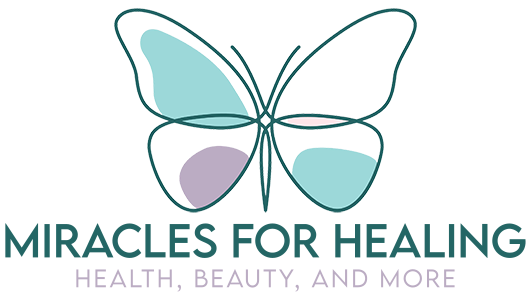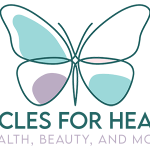Supplements play a significant role in health; the body needs the additional nutrients for strength and vitality. And it’s no secret that it’s often challenging to maintain healthy eating habits, especially when you’re a busy woman.
If you’re less than confident in your dietary intake, it may be better to include some vitamins and minerals in your diet:
1. Iron
The body needs iron to produce red blood cells, transport oxygen, improve immune function, regulate body temperature, and enhance cognitive development.
Without adequate iron in the body, you may suffer from improper cell growth because of insufficient oxygen supply. You may also have anemia and experience fatigue and shortness of breath.
And since you lose even more blood during your period, it’s better to keep up with your iron content by eating foods packed with this nutrient. A good diet will ensure that iron levels are up to par in the body.
Moreover, if you’re pregnant or anemic, you should consider this product. But talk to your healthcare provider first.
2. Calcium
Calcium is non-negotiable for good bones and skeletal structure. It also improves dental health and muscle function. And women particularly need more of it because of the inevitable reduction in bone density that begins in our twenties. As such, you need more of it now.
It’s present in milk, cheese, butter, and other dairy products. You can also get the required intake from dark-green leafy vegetables.
The recommended intake is 1,000 mg daily; if you don’t get it from food, consider calcium supplements instead. People who have osteoporosis need this supplement.
3. Magnesium
Magnesium is needed for normal nerve function, a healthy heart rate, a healthier immune system, and normal muscle function. It also regulates blood pressure.
However, magnesium is even more important because there are more than three hundred enzymes in your body that need it. A magnesium deficiency will cause vomiting, migraines, and diarrhea. And people who have Crohn’s disease or other gastrointestinal conditions are at risk of this deficiency.
Green veggies, beans, and unrefined whole grains are food sources, but you may consider supplements if you’re pregnant or lactating.
Essentially, everyone needs magnesium because it relieves stress. It also regulates the neurotransmitters responsible for your mood.
4. Vitamin A
The body needs vitamin A for healthier eyes, skin, and immune systems. And women need it because of its vital role in vision support. This nutrient also prevents some cancers.
It can be found in leafy greens, carrots, sweet potatoes, and other orange and yellow veggies. It’s also present in the liver of animals, fish, and dairy products.
But if you’re suffering from an immune disorder, you may consider vitamin A supplements because they increase the body’s ability to produce white blood cells.
5. Folate
Folate is a B vitamin that plays a vital role in producing and maintaining new cells. The brain also needs it for maximum health and function.
Because it produces new blood cells, folate is good for preventing ammonia. And a folate deficiency can lead to severe medical conditions like colon, cervical, and brain cancer.
Pregnant women particularly need it to prevent congenital disabilities.



